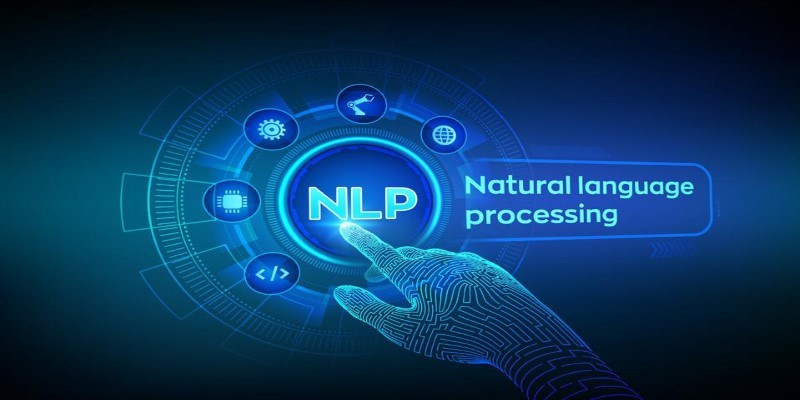
About Course
If Natural Language Processinghasn’t been your forte, Natural Language Processing Fundamentals will make sure you set off to a steady start. This comprehensive guide will show you how to effectively use Python libraries and NLP concepts to solve various problems.
You’ll be introduced to natural language processing and its applications through examples and exercises. This will be followed by an introduction to the initial stages of solving a problem, which includes problem definition, getting text data, and preparing it for modeling. With exposure to concepts like advanced natural language processing algorithms and visualization techniques, you’ll learn how to create applications that can extract information from unstructured data and present it as impactful visuals. Although you will continue to learn NLP-based techniques, the focus will gradually shift to developing useful applications. In these sections, you’ll understand how to apply NLP techniques to answer questions as can be used in chatbots.
By the end of this course, you’ll be able to accomplish a varied range of assignments ranging from identifying the most suitable type of NLP task for solving a problem to using a tool like spacy or genesis for performing sentiment analysis. The course will easily equip you with the knowledge you need to build applications that interpret human language.
Who this course is for:
- Natural Language Processing Fundamentals is designed for novice and mid-level data scientists and machine learning developers who want to gather and analyze text data to build an NLP-powered product.
Course Content
Natural Language Processing
-
Introduction
12:52 -
Regular Expressions
00:00 -
Regular Expressions in Practical NLP
00:00 -
Word Tokenization
00:00 -
Word Normalization and Stemming
00:00 -
Sentence Segmentation
00:00 -
Defining Minimum Edit Distance
00:00 -
Computing Minimum Edit Distance
00:00 -
Backtrace for Computing Alignments
00:00 -
Weighted Minimum Edit Distance
00:00 -
Minimum Edit Distance in Computational Biology
00:00 -
Introduction to N-grams
00:00 -
Estimating N-gram Probabilities
00:00 -
Evaluation and Perplexity
00:00 -
Generalization and Zeros
00:00 -
Smoothing Add One
00:00 -
Interpolation
00:00 -
Good Turing Smoothing
00:00 -
Kneser Ney Smoothing
00:00 -
The Spelling Correction Task
00:00 -
The Noisy Channel Model of Spelling
00:00 -
Real Word Spelling Correction
00:00 -
State of the Art Systems
00:00 -
What is Text Classification
00:00 -
Naive Bayes
00:00 -
Formalizing the Naive Bayes Classifier
00:00 -
Naive Bayes Learning
00:00 -
Naive Bayes Relationship to Language Modeling
00:00 -
Multinomial Naive Bayes A Worked Example
00:00 -
Precision, Recall, and the F measure
00:00 -
Text Classification Evaluation
00:00 -
Practical Issues in Text Classification
00:00 -
What is Sentiment Analysis
00:00 -
Sentiment Analysis A baseline algorithm
00:00 -
Sentiment Lexicons
00:00 -
Learning Sentiment Lexicons
00:00 -
Other Sentiment Tasks
00:00 -
Generative vs Discriminative Models
00:00 -
Making features from text for discriminative NLP models
00:00 -
Feature Based Linear Classifiers
00:00 -
Building a Maxent Model The Nuts and Bolts
00:00 -
Generative vs Discriminative models The problem of overcounting evidence
00:00 -
Introduction to Information Extraction
00:00 -
Evaluation of Named Entity Recognition
00:00 -
Sequence Models for Named Entity Recognition
00:00 -
Maximum Entropy Sequence Models
00:00
Student Ratings & Reviews

